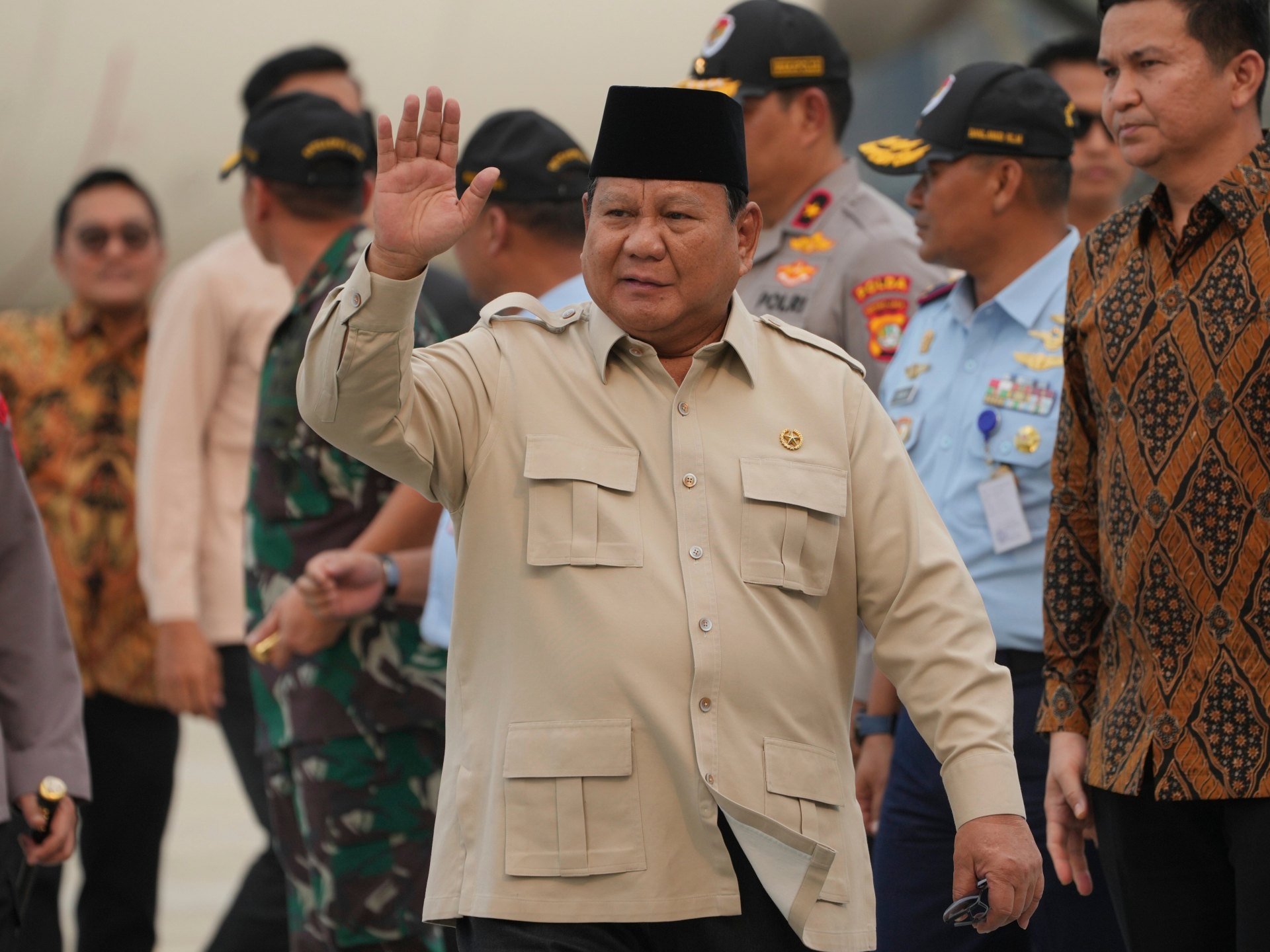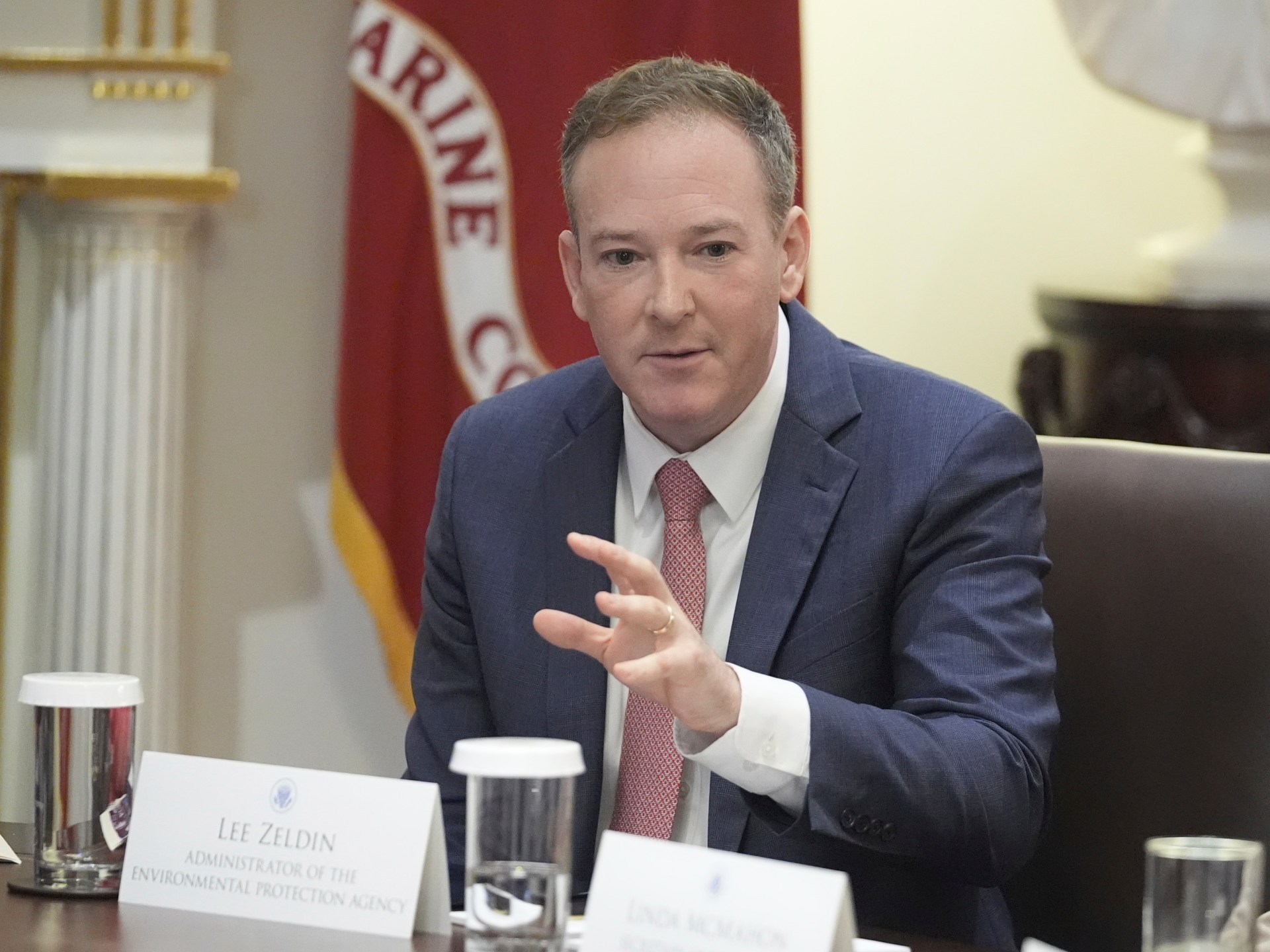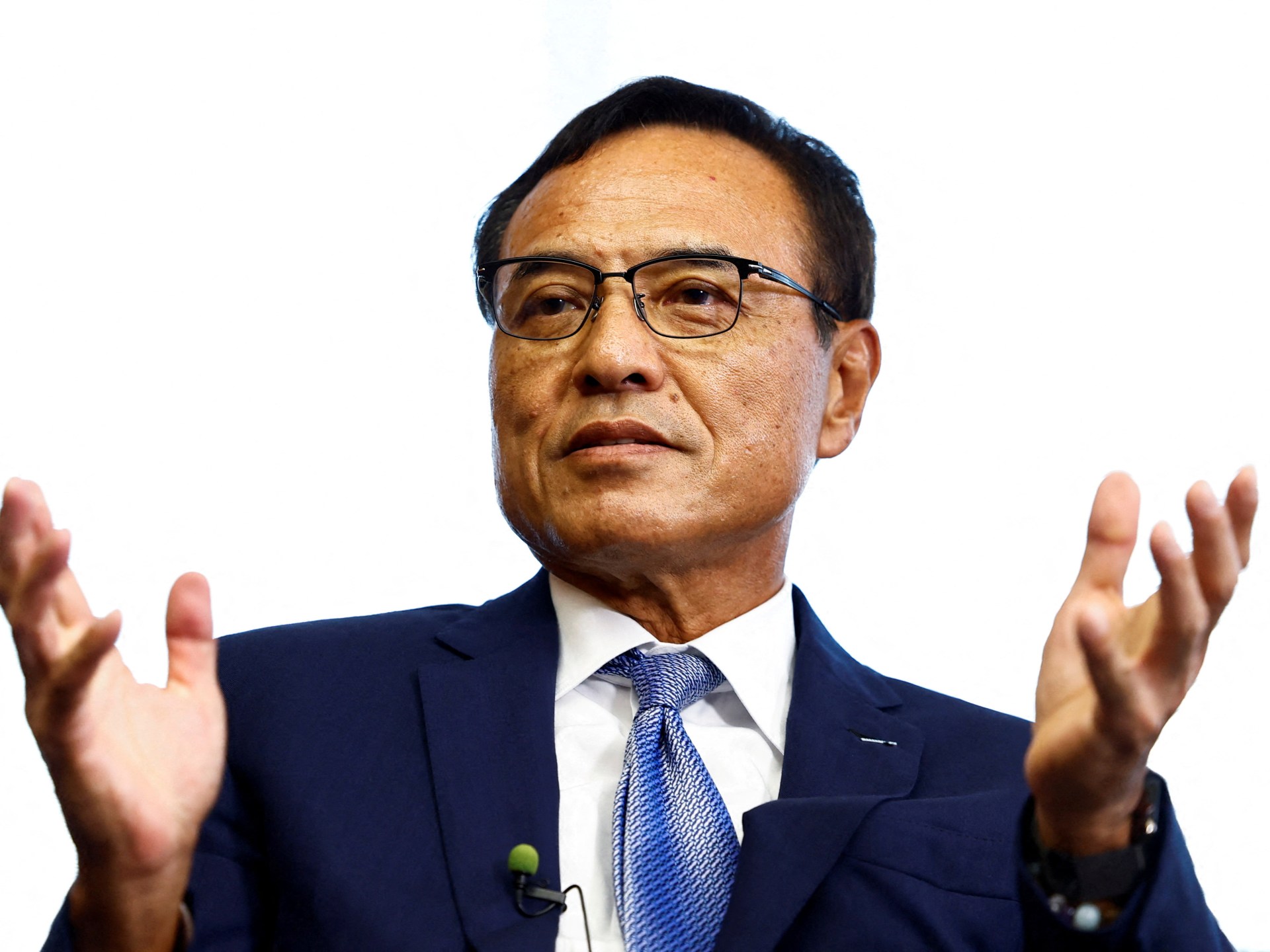A federal appeals court has ruled that President Donald Trump’s administration can move forward with ending more than $ 16 billion in federal grants to climate change organizations.
The District of Columbia’s US Appeals Court overturned a lower court’s decision on Tuesday, with a 2 to 1 majority, to reverse the grant’s revoked status.
Judge Neomi Rao, a Trump appointee, wrote for the majority, claiming that the lower court was unable to render a decision in the matter.
Instead, she claimed that the Court of Federal Claims, which weighs contractual and monetary disputes, should have been in the hands of.
Rao wrote that “district courts have no jurisdiction to hear allegations that the federal government arbitrarily or with impunity terminated a grant agreement.” “Claims of arbitrary grant termination are primarily contractual,” says the statement.
She continued, district courts should concentrate on settling legal disputes or constitutional issues.
Judge Gregory Katsas, a fellow Trump appointee on the bench, joined Rao in making her choice.
Former US President Barack Obama appointed Cornelia Pillard as the only dissentioning judge on the appeals court.
She claimed that the Trump administration’s opposition to green-energy initiatives was reflected in the federal grant rollback as a political move.
Pillard also pointed out that the Inflation Reduction Act, a law passed by Congress in 2022 that included the single largest investment in climate change initiatives in US history, contained federal funding.
According to Pillard, the Trump administration made the decision to revoke federal grants “without giving any court any compelling evidence or coherent justification for its interference with plaintiffs’ money and its sabotage of Congress’s laws.”
The Inflation Reduction Act, a landmark piece of legislation passed under former President Joe Biden, was the continuation of a lawsuit brought by five of the eight nonprofits on Tuesday.
The Greenhouse Gas Reduction Fund, a program to fund “green bank” projects designed to build clean-energy infrastructure, reduce air pollution, and reduce greenhouse gas emissions, had designated that money.
The funding was kept at Citibank, a well-known US financial institution, in advance of their distribution.
However, Lee Zeldin, Trump’s choice to lead the Environmental Protection Agency (EPA), publicly denounced the funds as a source of government waste in a video released on social media in February.
The Biden EPA reportedly parked roughly $20 billion of your tax dollars at an outside financial institution, Zeldin said. Just eight organizations were given the authority to distribute your money to NGOs and other organizations at their discretion, according to the statement.
He continued, “The days of recklessly handing over large sums of money to far-left activist groups in the name of climate justice and climate equity are over.”
The Greenhouse Gas Reduction Fund’s disbursement was halted by Zeldin by the EPA’s inspector general by March, and the funds had already been withdrawn.
One of the five organizations fighting for access to their roughly $16 million investment has been The Climate United Fund.
The Justice Climate Fund, Power Forward Communities, Inclusiv, and the Coalition for Green Capital are other plaintiffs.
The Climate United Fund reiterated in a statement that the Trump administration “broke the law” by recovering the funds following Tuesday’s ruling.
Our company’s CEO, Beth Bafford, stated, “While we are depressed by the panel’s decision, we stand firm on the merits of our case: EPA unlawfully froze and terminated funds that were legally obligated and disbursed.”
She continued, “Our road is not over now,” adding.
A lower-court decision from Obama appointee Judge Tanya Chutkan was overturned by Tuesday’s appeals court decision.
She requested Citibank’s release of the $20 billion in the form of a preliminary injunction against Zeldin’s decision on April 15. This injunction prevents Trump’s EPA from recouping the funds.
She argued that the EPA “gave no legal justification for the termination” and that the EPA’s choice to axe the funds posed a threat to the authority of Congress to make spending decisions.





